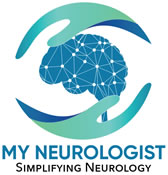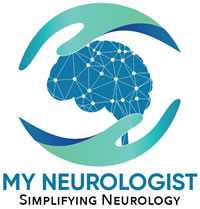What is Ramsey Hunt Syndrome (RHS)?
RHS is an inflammation of the facial nerve caused by herpes zoster virus.
What happens in RHS?
It is an inflammatory reaction around the nerve caused by herpes zoster virus. This virus may cause chicken pox in young age causing a particular rash, and after that may reside latent for decades, especially in the nervous structures called ganglions. After staying in the dormant state for many years, for some reason it gets activated and affects one or multiple nerves. It can affect any nerve, and, in RHS, it affects the facial nerve, and frequently some other nerves in that vicinity such as vestibulocochlear nerve.
What are the symptoms of RHS?
Burning, itching, pain, rash and vesicles on the skin in and around the ear, face, head, neck, throat and tongue, tinnitus, deafness, nausea, vomiting, vertigo, and difficulty with balance.
What are the signs of RHS?
- Rash with vesicles in and around the ear, tongue and throat. Rarely, the rash may be absent or may appear later. Rash may just be present on the tympanic membrane
- Hearing impairment
- Weakness of facial muscles, tongue, or throat
- Gait disorder
How is RHS diagnosed?
It is diagnosed based upon its typical presentation with the above-described symptoms and signs. It can also be confirmed by PCR analysis of the fluid taken from a vesicle.
What should one do if suspected of having RHS?
Seek immediate medical attention to obtain meds that shall be taken ASAP.
How is RHS treated?
It is treated with a combination of antiviral drugs (acyclovir or famciclovir) and steroid (usually prednisone). The treatment shall start ASAP to avoid long term nerve injury and its complications.
What are long-term complications of RHS?
- Chronic pain
- Deafness
- Facial weakness
- Dizziness/unsteadiness
- Eye problems due to weak blinking
Where can I find more information on RHS?
American Academy of Otolaryngology


Leave a Reply
Your email is safe with us.
You must be logged in to post a comment.